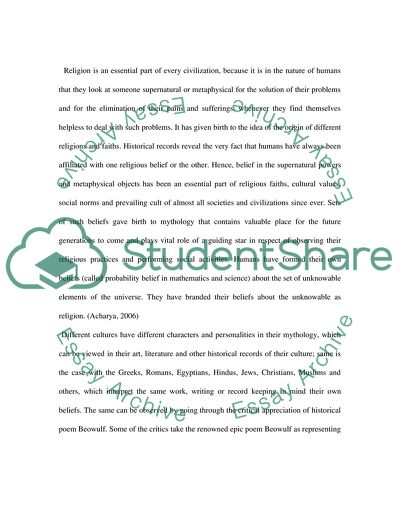Cite this document
(History Beowulf Essay Example | Topics and Well Written Essays - 2000 words, n.d.)
History Beowulf Essay Example | Topics and Well Written Essays - 2000 words. https://studentshare.org/history/1549816-history-beowulf
History Beowulf Essay Example | Topics and Well Written Essays - 2000 words. https://studentshare.org/history/1549816-history-beowulf
(History Beowulf Essay Example | Topics and Well Written Essays - 2000 Words)
History Beowulf Essay Example | Topics and Well Written Essays - 2000 Words. https://studentshare.org/history/1549816-history-beowulf.
History Beowulf Essay Example | Topics and Well Written Essays - 2000 Words. https://studentshare.org/history/1549816-history-beowulf.
“History Beowulf Essay Example | Topics and Well Written Essays - 2000 Words”. https://studentshare.org/history/1549816-history-beowulf.


